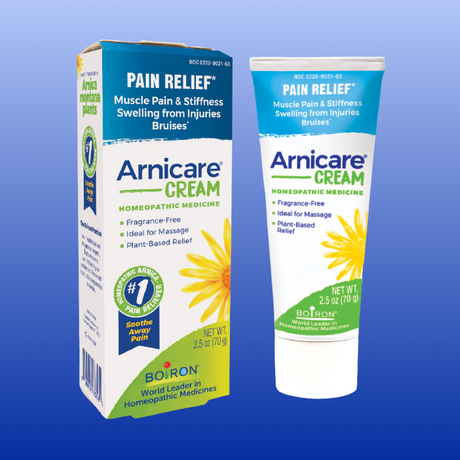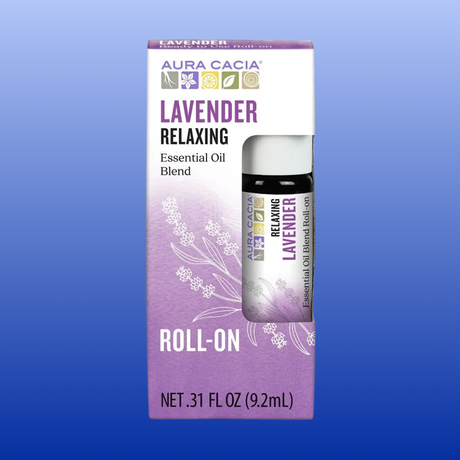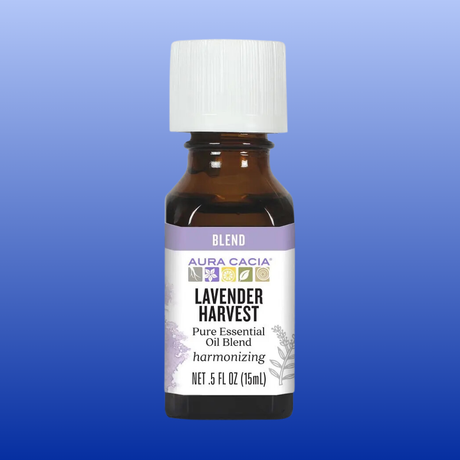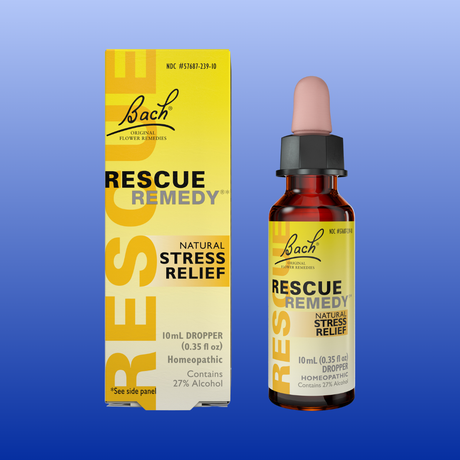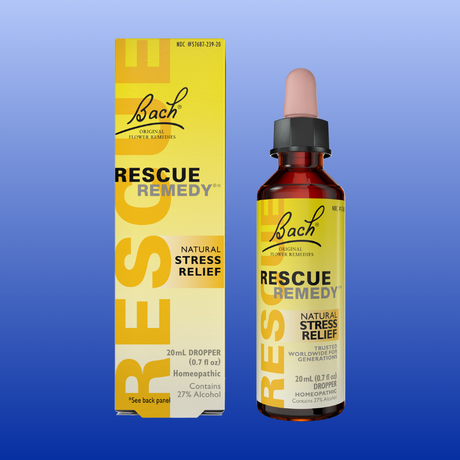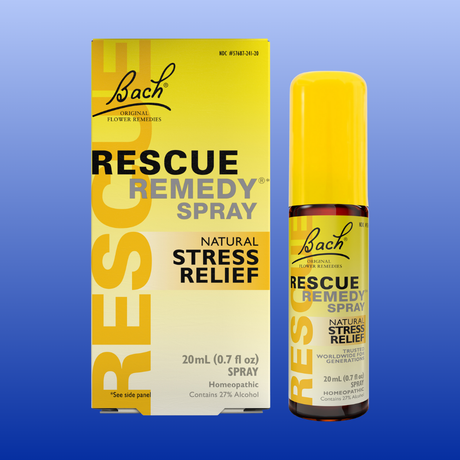A Holistic Guide to Healing After Surgery
When you’re heading into surgery—or supporting someone who is—it can feel overwhelming. There’s the physical recovery to think about, of course, but also the emotional and energetic shifts that come with the experience. Whether you’re preparing for a major procedure or a minor one, bringing holistic care into the mix can make a tremendous difference in your recovery process.
At Castle Remedies, we’ve guided many people through this journey using gentle, natural tools to complement conventional care. Let’s talk about how to prepare your body and spirit for surgery, as well as supporting the healing process afterward, with homeopathy, essential oils, guided meditation, and simple but powerful lifestyle tips.
Please note: the suggestions in this blog are based on traditional uses from herbalism and homeopathy and has not been evaluated or endorsed by the FDA.
Preparing for Surgery: Calming the Mind and Supporting the Body
The days leading up to surgery can be anxiety-inducing, even if you’re normally calm and collected. It’s normal to feel nervous. You’re placing trust in your surgeon, your body, and the unknown. This is where holistic care shines—because it addresses the entire person, not just the physical injury or illness.
1. Homeopathic Support: Arnica 200C
We always recommend beginning your protocol the day of your procedure—or within 24 hours beforehand—with Arnica 200C. This remedy is a go-to for trauma to soft tissue and is widely used in integrative surgical recovery plans.
Why Arnica? Arnica works by supporting circulation to the affected area. Surgery is a physical trauma, even when it's minor or planned. Arnica may help reduce swelling, ease bruising, and encourage the body to jump-start the repair process.* Taking a dose before surgery is believed to help your body gear up for healing, making the post-op road a little smoother.
Take one dose (3-5 pellets) about an hour before your procedure. If that’s not possible, just get a dose in within 24 hours of the surgery.
2. Soothing the Nerves: Rescue Remedy & Guided Meditation
A powerful, yet gentle, option to ease fear and anxiety is Bach Rescue Remedy. This flower essence blend is especially helpful when emotions run high. Take a few drops before heading to the hospital, while in the waiting room, or even right before going under. It won’t interfere with medications and has no side effects.
Pair that with guided imagery. We love Health Journeys' "Successful Surgery" meditation, available as a downloadable mp3 file through Hay House. Listening before and after surgery helps reinforce healing messages in the subconscious. Guided imagery has been shown to reduce stress, lower blood pressure, and support faster recovery outcomes.*
Post-Surgery Healing: A Gentle, Effective Path to Recovery
Once your procedure is complete, the real work begins—healing. Your body is incredibly intelligent and wants to heal, but it benefits from the right kind of help.
Here’s what we suggest for the first few days post-surgery:
1. Homeopathic Remedies for Recovery
You’ll continue with Arnica 200C, taking a dose as soon as possible after your procedure, and again a few hours later. Then, add in Hypericum 30C, taken three times a day for 3 to 4 days.
What does Hypericum do? This remedy is believed to specifically support nerve-rich areas. It’s traditionally used for incisions, dental surgeries, and any post-op discomfort that involves sharp, shooting pains. Hypericum can be especially helpful if your surgery involved nerves or sensitive areas.
How to take your remedies:
- A dose is 3 to 5 pellets.
- Place them under the tongue on a clean palate (at least 30 minutes away from food or drink).
- Let them dissolve naturally—no chewing or swallowing like medicine.
- Use the bottle cap to pour the pellets into your mouth, avoiding contact with your hands to preserve the remedy’s energetic properties.
2. Lavender Essential Oil: Nature’s Nervine
Post-op stress, difficulty sleeping, or lingering anxiety? Consider lavender essential oil. Diffusing lavender in your bedroom helps calm the nervous system, soothe restlessness, and promote deeper sleep.* You can also add a few drops to a tissue near your pillow or use a diluted rollerball on your temples or wrists.
Lavender works gently but powerfully—it’s the botanical version of a comforting hug. Plus, when sleep is deep and uninterrupted, your body gets a stronger chance to regenerate and repair.
Lifestyle Tips That Really Matter
Holistic healing is about more than taking remedies or diffusing oils. It’s about tending to yourself with patience and intention. The smallest shifts often make the biggest difference. Here are a few simple but important things to keep in mind:
1. Rest Is Not Laziness, It’s Medicine
This might seem obvious, but in our fast-paced culture, rest often feels like a luxury. During post-op recovery, rest is non-negotiable. Cancel plans, say no to unnecessary tasks, and give your body what it needs: quiet, stillness, and time.
If you feel like you “should” be doing more, remind yourself that healing is your full-time job right now.
2. Hydrate and Nourish Your Body
Drinking plenty of clean, filtered water helps your system flush anesthesia, medication, and metabolic waste. Staying hydrated also keeps your tissues pliable and supports lymphatic drainage.
When you feel ready to eat, choose whole, nutrient-rich foods. Think bone broth, leafy greens, berries, lean proteins, herbal teas. Your body is rebuilding itself from the inside out—give it the best materials to work with.
3. Welcome Help (Even If It Feels Weird)
You don’t have to do it all on your own. Allow your family, friends, or neighbors to help in any way they can—bringing meals, walking the dog, running errands. Vulnerability opens the door for deeper connection. Receiving support is just as important as giving it. When you accept help from others, they in turn feel more comfortable asking for your help when they need it. This simple act strengthens relationships and forms long-lasting bonds.
In fact, accepting help can be a form of medicine itself. It reminds your nervous system that you are safe, held, and not alone.
The Power of a Holistic Mindset
When you blend conventional medical care with holistic practices, you create a well-rounded recovery plan that supports body, mind, and spirit. You’re not just “getting through” surgery. You’re using it as an opportunity to come back stronger, more grounded, and more connected to yourself.
These practices aren’t just fluff. They’re rooted in generations of traditional healing and increasingly validated by science. Patients who engage in meditation, homeopathy, and essential oils often report:
- Faster healing
- Less pain
- Better emotional resilience
- Fewer complications
Of course, always talk to your physician about your recovery plan and let them know if you’re using holistic tools. Homeopathic remedies and essential oils are generally safe and non-invasive, but open communication with your healthcare practitioners is key.
Surgery may be intimidating, but it doesn’t have to be disempowering. With the right care, a gentle toolkit, and a strong support system, you can move through the experience with confidence and grace.
We’re here for you at Castle Remedies, whether you’re looking for homeopathic remedies, essential oils, or just someone to talk with about your recovery plan. Our team is experienced, compassionate, and committed to your healing journey.
Stop by our Ann Arbor shop, give us a call, or send an email if you’d like help putting together a personalized post-surgery toolkit. Healing is possible—and it starts with simple steps.


